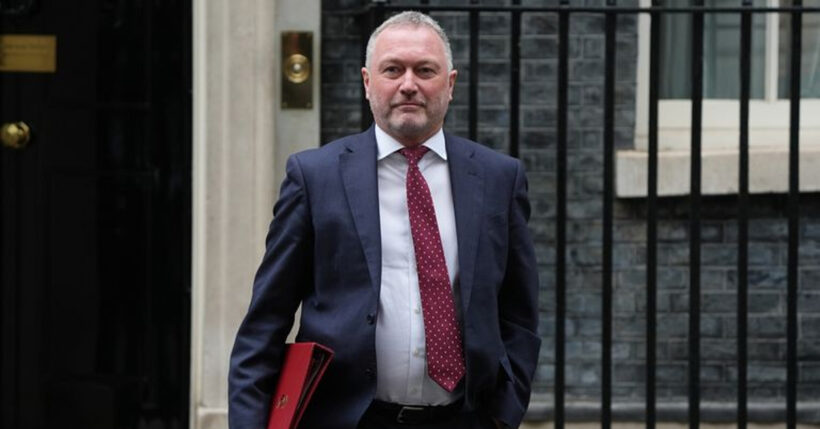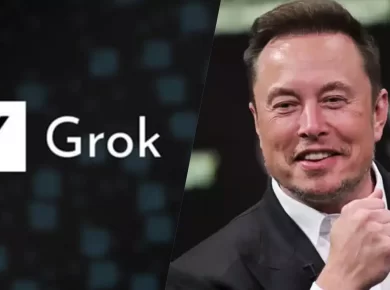🛡️ UK Drone Involvement Speculation: Minister Avoids Comment Amid Global Scrutiny
Amid a sharp rise in UK Drone Involvement Speculation, a senior UK minister has chosen not to speculate publicly about recent allegations linking the UK to a high-profile Ukrainian drone attack on Russian military bases. The incident—described as one of the boldest air operations by Ukraine in recent months—has become a diplomatic flashpoint between the UK and Russia.
The allegations emerged following Russia’s public assertion that Ukraine’s success in hitting military infrastructure deep within Russian territory could not have happened without external help—particularly from the UK or the US.
🛰️ Russian Allegations of British Aid in Ukraine Drone Strike
According to Russian officials, the drone strike targeted multiple Russian airbases—including high-value aircraft assets capable of nuclear deployment. The nature of the operation, they argue, implies the use of advanced geospatial intelligence and Western strategic planning. Russian ambassador Andrei Kelin accused Britain of indirect involvement, claiming that such coordinated strikes “could only be achieved with NATO-level reconnaissance and intelligence support.”
Kelin’s remarks align with Russia’s ongoing narrative painting the UK as a primary actor stoking the Ukraine war. He added that Western support allowed Ukraine to build drones inside Russian borders, making the operation more difficult to detect and prevent.
🔍 British Minister’s Refusal to Speculate Fuels Media Attention
Responding to journalists, a British minister stated they were “not going to speculate on allegations” related to UK involvement. The refusal to either confirm or deny any operational role appears to be part of a broader diplomatic strategy—one focused on maintaining strategic ambiguity.
The minister emphasized the UK’s commitment to Ukraine’s sovereignty but also reiterated that “no assumptions should be made without facts.” This official stance has drawn mixed reactions from media outlets, with some interpreting it as a tactical silence designed to avoid inflaming tensions further.
🗺️ Understanding Operation ‘Spiderweb’ and the Attack’s Impact
The Ukrainian military, without directly claiming responsibility, reportedly launched a multi-drone offensive codenamed “Operation Spiderweb.” Over 100 drones were used in the strike, many of which were allegedly assembled from smuggled parts within Russian territory. These drones caused extensive damage to several Russian bombers, with estimated losses exceeding $6–7 billion.
The targets included strategic bombers and radar systems, delivering a substantial blow to Russia’s long-range air power capabilities. While the precise coordination behind the operation remains unconfirmed, analysts suspect it involved foreign satellite imagery, targeting assistance, and logistical coordination.
📡 Role of Geospatial Intelligence and NATO Concerns
Geospatial and satellite intelligence have become key components in modern warfare—especially in drone warfare tactics. Allegations center around the belief that British intelligence services may have offered real-time reconnaissance, enabling Ukraine to execute high-precision strikes.
The UK Ministry of Defence (MoD) has remained silent on whether any such support was extended. Analysts suggest that even passive assistance, such as shared coordinates or surveillance advice, could be construed by Russia as “direct involvement.”
Western military alliances such as NATO maintain that support to Ukraine is defensive, not aggressive. Still, this event reopens debates over the blurred line between intelligence support and military involvement.
🤝 UK–Ukraine Defence Collaboration: Strategic but Limited?
Size: 18pt | Bold
The UK has been one of Ukraine’s leading backers since the conflict began, providing weapons, financial aid, and training. However, British officials have repeatedly stressed that direct involvement in operations within Russia is outside their mandate.
Recent shipments of long-range drones and AI-assisted targeting tech to Kyiv have drawn attention, but the UK insists these are for defensive operations only. Critics argue that the increased complexity of Western-supplied military tech inevitably draws supplier nations deeper into the battlefield’s outcomes.
Ukrainian officials, while not confirming the UK’s role in the drone strike, have praised the UK’s unwavering support.
🌐 Global Reactions and Strategic Ramifications
The international community is closely watching how this unfolds. Washington has remained tight-lipped, while EU allies have called for de-escalation and a clear distinction between aiding a sovereign country and participating in active conflict.
If substantiated, the UK Drone Involvement Speculation could fuel diplomatic hostilities, not just between London and Moscow, but also potentially strain multilateral frameworks like the UN Security Council, where Russia has permanent veto power.
Moscow’s warning signals have escalated, with some officials stating that external facilitation of attacks on Russian soil will be treated as “acts of war.”
🧭 Strategic Silence or Tactical Transparency? The UK’s Calculated Approach
By refusing to comment, British authorities are walking a delicate line—preserving operational security while avoiding an admission that could escalate the war’s scope.
This strategy may serve multiple goals:
-
Protect active intelligence operations
-
Avoid legal classification as a co-belligerent
-
Keep diplomatic channels open
Critics argue this ambiguity undermines transparency in wartime ethics, while supporters defend it as a necessary shield in an unpredictable and digitally weaponized conflict zone.
🕊️ Final Outlook: Diplomatic Caution as Battlefield Evolves
The UK Drone Involvement Speculation may never be conclusively proven or denied. Still, its implications ripple across international diplomacy, battlefield strategy, and media narratives. Britain’s decision to maintain silence underscores the increasingly complex role of Western powers in proxy conflicts.
As modern warfare becomes more decentralized and intelligence-driven, defining direct versus indirect involvement will remain a critical, volatile issue.
For more updates, explore the Current News. Feel free to share your thoughts and comments.
If you’re passionate about building a successful blogging website, check out this helpful guide at Coding Tag – How to Start a Successful Blog. It offers practical steps and expert tips to kickstart your blogging journey!






